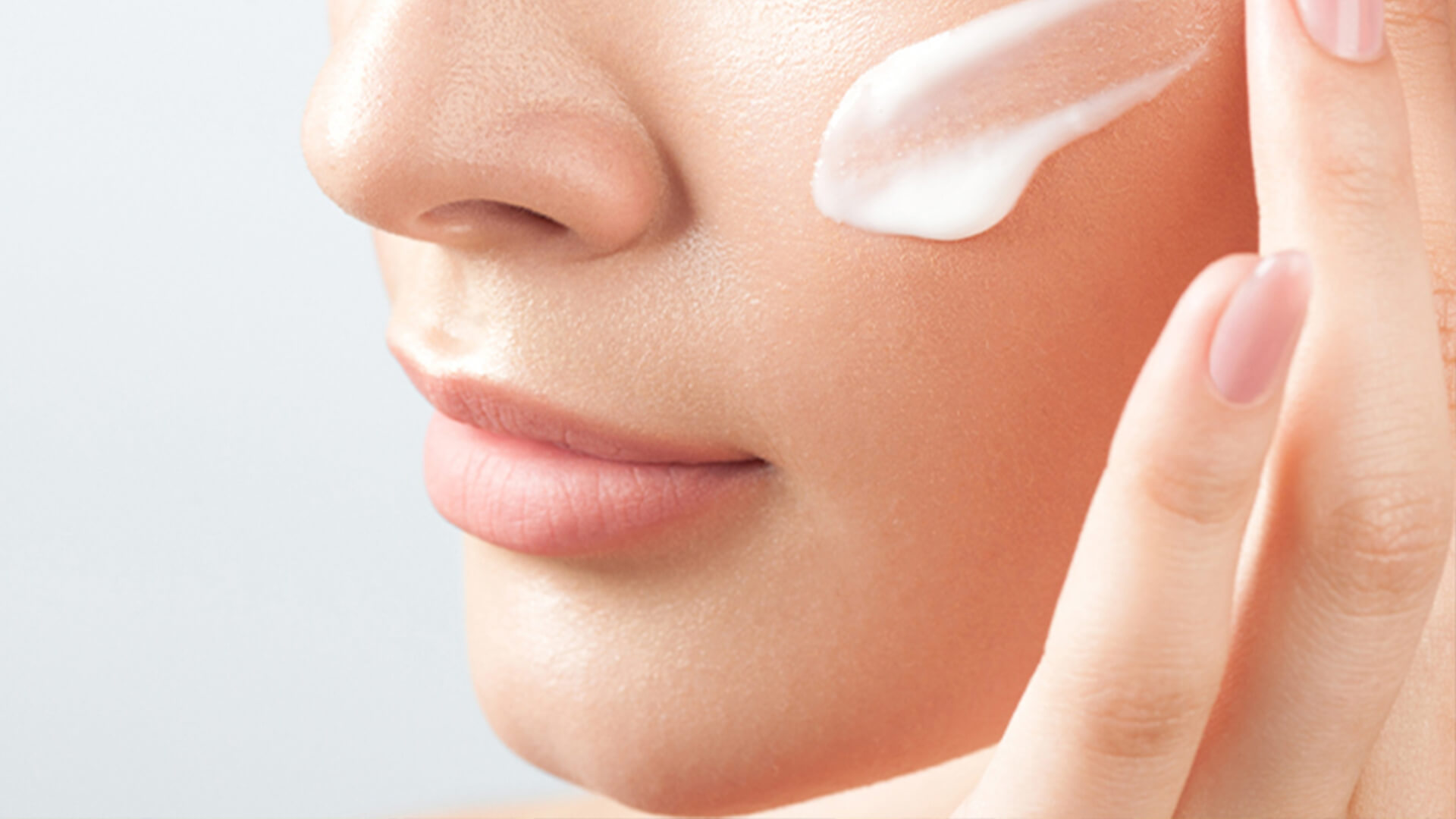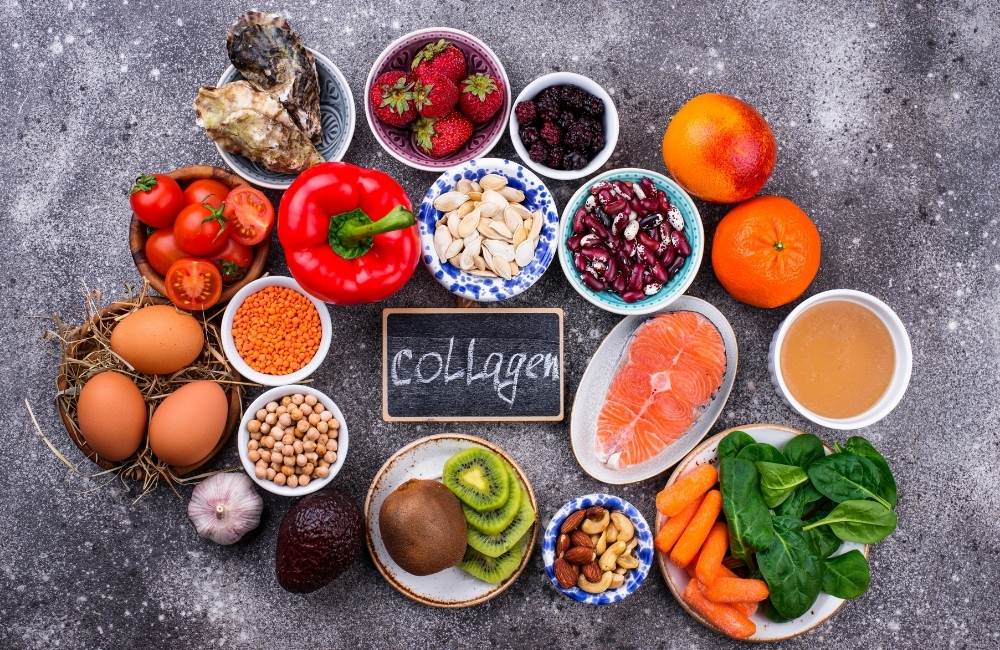Collagen: What You Need to Know
The word collagen comes from the Greek word "kola,” which means glue, and that is basically the function of collagen, which is to hold protein and/or non-protein substances together. As an example, in the skin, the function of collagen is to hold all the skin structure together. Collagen is one of the major building blocks for many parts of the body, including bones, skin, tendons, and ligaments. It accounts for about one-third of the body's protein composition. It is also found in many other body parts, including blood vessels, corneas, and teeth.
Types of collagen
There are various types of collagen, but the main types are type I, type II, type III, and type IV.
Type I: Most of your body’s collagen is made of type I. It is a densely packed fibre that provides structure to skin, bones, tendons, fibrous cartilage, connective tissue, and teeth.
Type II: This type is made of more loosely packed fibres and is found in elastic cartilage, which cushions the joints.
Type III: This type supports the structure of muscles, organs, and arteries.
Type IV: This type helps with filtration and is found in the layers of your skin.

Collagen in Skin: Do We Need It?
Our body can produce its own collagen; however, the production of collagen gradually declined as we aged, which explains that among the signs of ageing are wrinkles, which come from skin that is less elastic, less supple, and unfirm.
Researchers also revealed that women lose collagen faster than men, causing women’s skin to age faster than men. Apart from gender, nutrition, and recreational drugs, environmental stress such as sun exposure, exposure to toxins such as pollutants, and cigarette smoke can also affect the level of collagen in the body.

Where can we get collagen from?
The good news is that collagen can be gotten from food. There are foods that can stimulate the production of collagen and break down collagen. The body makes collagen by combining proline and glycine (types of proteins). Thus, consuming foods high in proline and glycine will help restore collagen levels in the body.
According to Dr. Bradley from the Cleveland Clinic, your body cannot make them if it doesn’t have them, which means all the nutrients, such as glycine and proline, are essential to produce collagen, but if we do not acquire them from our diet, then our body might not be able to produce collagen. Foods that are high in collagen are mostly derived from protein-rich foods such as bone broth, pork, chicken, beef, eggs, and fish. Plant-based foods also have added benefits to collagen-rich food consumption since vegetables and fruits contain high levels of antioxidants that can protect against reducing collagen. Types of foods that can break down collagen are sugary foods and refined carbs.
As for supplements containing collagen, they are usually in the form of hydrolyzed collagen. The source of hydrolyzed collagen can be fish, marine seaweed, pork skin, or other food sources that have high collagen contents. It is also said that hydrolyzed collagen is much easier to absorb by the body as compared to collagen from food.
To date, studies that report whether consumption of collagen has benefits to skin, joint health, muscle mass, bone, and many more are inconsistent. It depends on various factors such as the source of collagen, the bioavailability of collagen, the frequency of consuming it, the severity of a skin condition or joint condition previously, and many more. Thus, it is advisable for individuals to check the supplement ingredients prior to consuming any kind of supplement.
Individuals with cyst problems and cancer problems must be careful with their consumption of collagen supplements, as they can be harmful. Hence, it is best to seek professional help before consuming any supplement. Certain supplements are contraindicated with the medicine that you are consuming, etc.
References
- Top 6 Benefits of Taking Collagen Supplement. https://www.healthline.com/nutrition/collagen-benefits#_noHeaderPrefixedContent (Accessed on December 29, 2020)
- (n.d). Collagen, what is it and what it is good for? https://www.healthline.com/nutrition/collagen (Accessed on December 29, 2020).
- Atikah Khalim (2015). Ministry of Health Malaysia (MOH). My Health Portal. Collagen. http://www.myhealth.gov.my/en/collagen/
- Fadzilah kahar (2015). Ministry of Health Malaysia (MOH). My Health Portal Collagen and its source. http://www.myhealth.gov.my/kolagen-dan-sumbernya/
- Cleveland Clinic. The best way you can get more collagen. https://health.clevelandclinic.org/the-best-way-you-can-get-more-collagen/ (Accessed on December 29, 2020).
- What is collagen.
https://www.livescience.com/collagen.html#:~:text=Collagen%20refers%20to%20a%20family,in%20the%20body%20by%20mass(Accessed on December 29, 2020).




